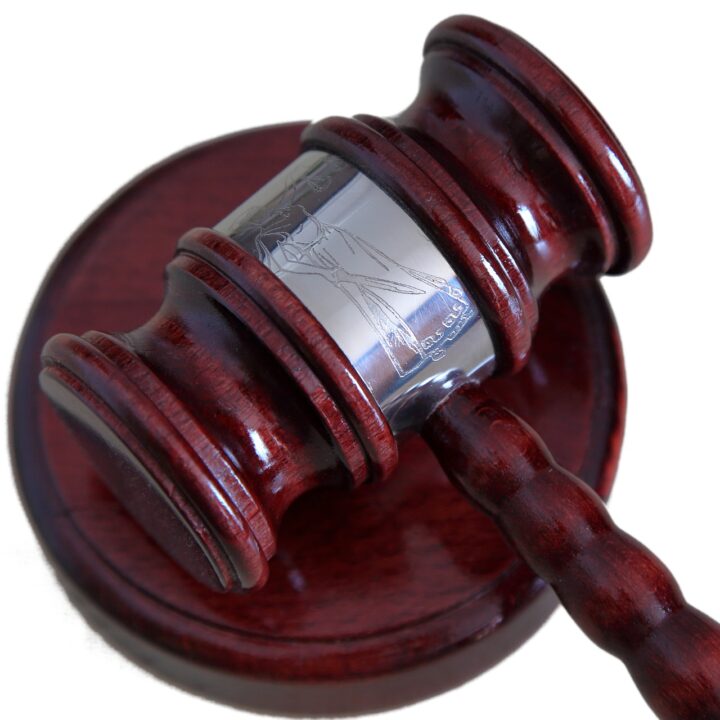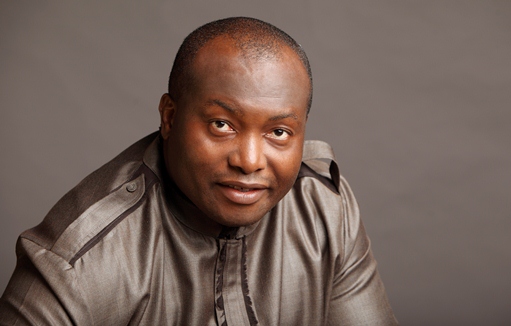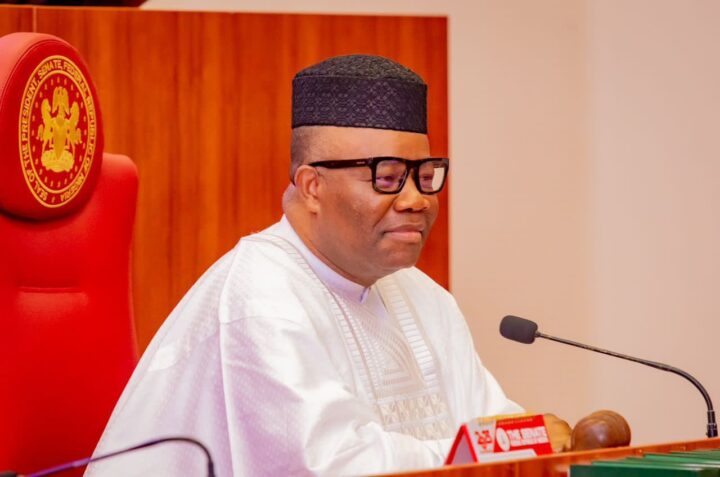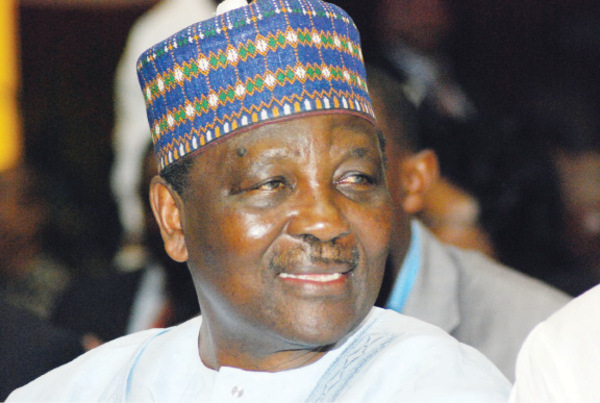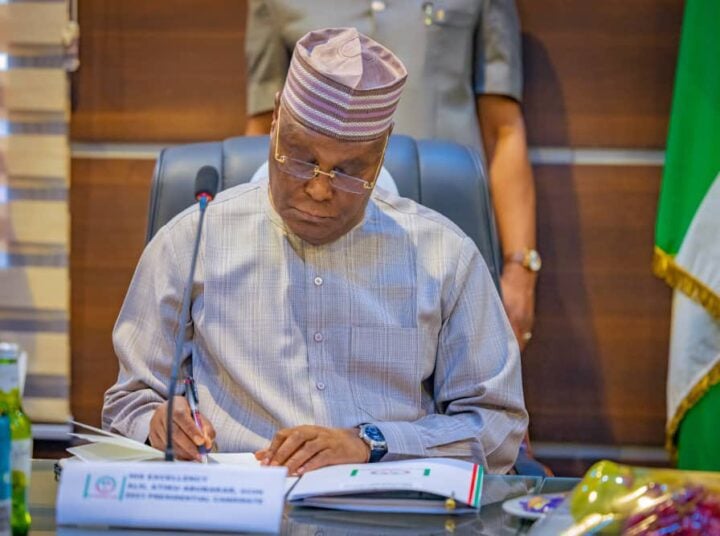Idris Kutigu, judge of a federal capital territory (FCT) high court, has berated the Economic and Financial Crimes Commission (EFCC) over the delay in prosecuting the controversial $1.1 billion Malabu case.
The EFCC had in 2020, filed charges of alleged corruption against Mohammed Adoke, former attorney-general of the federation and six other defendants.
The other defendants are Aliyu Abubakar, a businessman; Rasky Gbinigie, company secretary of Malabu; Malabu Oil and Gas Limited; Nigeria Agip Exploration Limited; Shell Nigeria Ultra Deep Limited and Shell Nigeria Exploration Production Company Limited.
At the hearing on Wednesday, Ofem Uket, EFCC counsel, told the court that he has one witness to testify.
Advertisement
When asked by the judge if that was the last witness in the prosecution’s case, Uket said no.
The EFCC counsel said he has another witness who is in Canada and could not make it to court.
The lawyer said the witness was present in court on the last adjourned date when the matter could not proceed because the judge was presiding over an election petition tribunal.
Advertisement
Uket said he needed assurance that the trial was going to be held before inviting the witness from Canada to save cost.
Infuriated, the judge said: “Whether he is in Canada I don’t care.”
“Is that how it is done in the EFCC? That I should give you assurance?
“They can’t sit in their office in EFCC and dictate what happens in this court. I run the court not you.
Advertisement
“Is that how it is done in Canada?
“We can’t run a case for four years. That is scandalous!”
The EFCC lawyer called the 10th prosecution witness, Ibrahim Ahmed, a chief superintendent of the anti-graft agency.
Ahmed said his team was assigned the Malabu case following a petition sent to the commission by A. A Umar & Co, a law firm, on behalf of Mohammed Sani (Abacha’s son) and Pecos Energy Ltd.
Advertisement
The petitioners had alleged that Dan Etete, a former petroleum minister, during the regime of the late Sani Abacha, ex-head of state, and Shell Nigeria Ultra Deep Ltd, Shell Nigeria Exploration & Production Company, Gbinigie and others, forged documents removing the petitioners as the shareholders and directors of the company.
The witness said several documents were obtained and over 80 persons were invited for questioning.
Advertisement
As part of the findings, the witness said the names of the directors and shareholders of Malabu were changed several times.
He said in 2006, the team said it discovered another registration of Kwekwu Amafegha, Mohammed Sani and Hassan Hindu effecting change of directorship “as if it had never been done before”.
Advertisement
He also said one Seidougha Munamuna was holding 50 percent shares of the company and one Amara Joseph owned the other 50 percent shares.
He said the Corporate Affairs Commission (CAC) later confirmed to the EFCC that the new filings did not follow due process and were then expunged by the agency.
Advertisement
However, the EFCC officer noted that it was the same illegal documents that were used to open company accounts for Malabu in First Bank and Keystone Bank while Dan Etete was made sole signatory to the accounts.
After intervention by the federal government and negotiations on the OPL 245 were concluded, Shell and Eni were allocated equal shares of the oil block, committing to pay $1.3 billion in total.
Ahmed said On 29 August 2011, the government released $401,540,000 into Malabu’s First Bank account and another $401 million was released into Malabu Keystone Bank.
He said Dan Etete who was the sole signatory to the accounts transferred the money into four different accounts.
He alleged Megatech Engineering Limited received $180 million, A Group Construction Company Limited, received $157 million, Imperial Union Limited received $34,540 million and Novel Properties and Development Company Limited received $30 million.
The witness said all four companies belong to the second defendant, Abubakar.
He said out of the $401 million in Malabu’s Keystone Bank account, $336 million and some fractions were transferred to Rocky Top Resources Limited formally owned by Abubakar but later given to Dan Etete.
“The money in the five accounts were laundered both within and outside Nigeria,” the witness said.
The witness moved to tender seven confessional statements of the second defendant.
However, Wole Olanipekun, counsel to Aliyu, opposed the admissibility of the statements.
Kanu Agabi, counsel to Adoke, also objected to the admissibility on the grounds that the same documents sought to be tendered were rejected by Inyang Ekwo, a federal high court judge, and ruled that it was wrongfully obtained.
Other lawyers in the matter also objected to the admissibility of the statements.
The court reserved the ruling until Thursday.
USE OF FAKE NAMES
Meanwhile, in November 2021, Mohammed Abacha admitted before the court that he used a different name — Mohammed Sani — to register Malabu Oil and Gas Ltd,
“Mohammed Sani” originally had 50 percent in the company, with “Kweku Amafegha,” a pseudonym for Dan Etete, owning 30 percent; and Wabi Hassan, the wife of Hassan Adamu, Nigeria’s then-ambassador to the US, was credited with 20 percent.
UNDERSTANDING THE MALABU DEAL
On April 9, 1998, the federal military government awarded OPL 245 to Malabu Oil and Gas Ltd, which was said to be owned mainly by Mohammed Abacha, son of the late Sani Abacha, and Dan Etete, who was the petroleum minister at the time.
On July 2, 2001, former President Olusegun Obasanjo revoked Malabu’s licence when he realised that it was largely owned by the Abachas’ and assigned the oil block to Shell — without a public bid.
Malabu went to court, but ownership was reverted to it in 2006 after it reached an out-of-court settlement with the federal government.
Shell fought back and commenced arbitration against Nigeria, but in 2011, the government under the leadership of former President Goodluck Jonathan brokered a deal between Shell/ENI and Malabu.
While Shell and ENI paid a signature bonus of $210 million to the federal government, they paid $1.1 billion to buy 100 percent interest in the OPL 245 oil block from Malabu.
The entire $1.3 billion was transferred to an escrow account of the federal government in JPMorgan Chase Bank, London, UK, from where Malabu was paid its $1.1 billion.
It was alleged that bribes were paid to officials of the government to facilitate the deal, which is considered unfavourable to Nigeria as the value of the oil block was estimated to be worth much more than what was paid for it.
